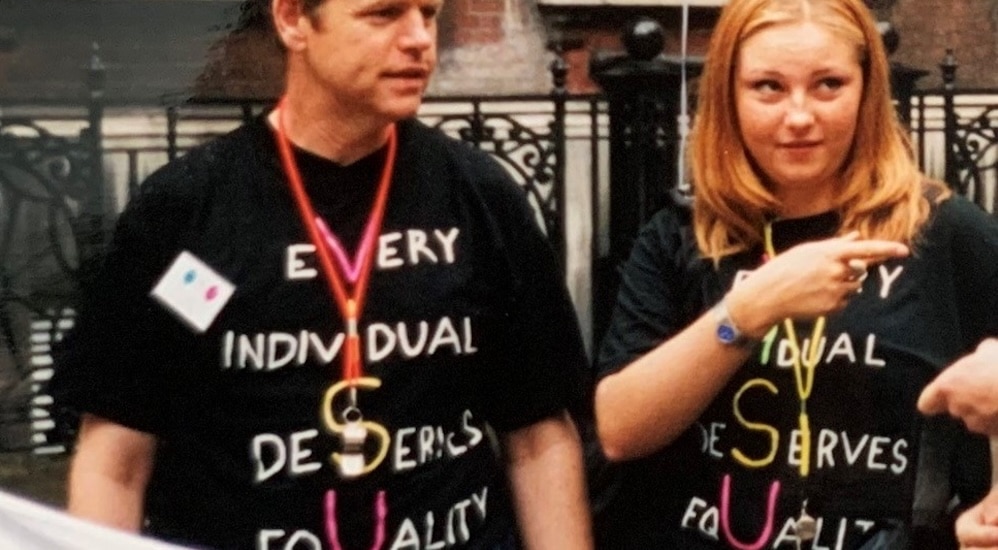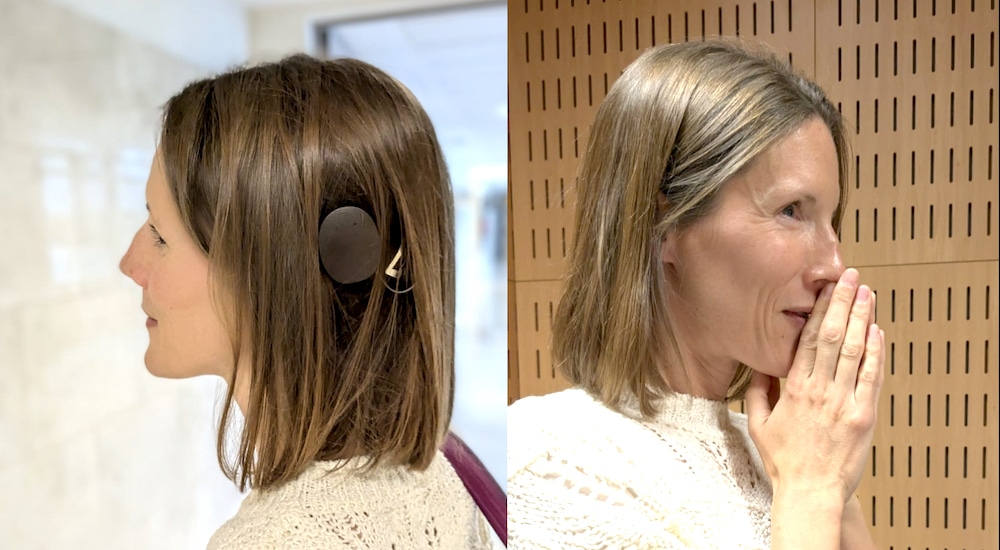Are public health campaigns working?
awareness
Audio Infos UK regular columnist, Raúl García-Medina, welcomes the global hearing health campaign encapsulated in the WHO’s 2021 World Hearing Report, but asks if it will live up to its promise.

On March 3, the World Health Organisation’s (WHO) first ever World Report on Hearing was published, purposely coinciding with 2021 World Hearing Day.
This much anticipated 252-page report is welcome and should be a must-read for all in the audiology profession and beyond. I will not venture into the specifics of the report here. Nevertheless, you are encouraged to download, read and absorb the information that has been put forward. It is most encouraging for the sector, but how is it going to change what we are currently doing?
The purpose of the Action Plan on Hearing Loss report was to encourage action and promote change across all levels of public service. Theoretically, it identified how hearing needs could be met and improved for children and adults. This report then led to the 2016 publication of Commissioning Services for People with Hearing Loss: A Framework for Clinical Commissioning Groups. This framework was designed to support Clinical Commissioning Groups in making informed decisions about what was good value for the populations they served, and in being able to provide more consistent, high-quality, integrated care. It was also supposed to address inequalities in access and outcomes between hearing services.
The aim of the more recent 2018 NICE Guideline ‘Hearing loss in adults: assessment and management’ was to improve quality of life for adults with hearing loss by advising healthcare staff on assessing hearing difficulties, managing earwax, and referring people for audiological or specialist assessment and management.
Did those reports achieve what they were meant to?
Do not get me wrong, they were resourceful. I am all for information gathering, data analytics, and knowledge dissemination. However, did they achieve the required behavioural change? If so, was it just aimed at healthcare providers, policy makers and commissioners? What about the population target, those with hearing care needs? Were they persuaded and did they change their behaviour and start taking care of their hearing loss? The evidence to prove that it is in their best interest has been clearly outlined for a while now. Is the WHO World Report on Hearing going to be different?
If 2020 has taught us anything, it is that the ultimate measure of a population health campaign success is behavioural change. Therefore, if the government is going to take ˝ear and hearing health˝ seriously, especially since WHO calculates that governmens can expect a return of nearly $16 for every $1 invested, the organisation needs to ensure that the campaign they adopt and the policy makers they employ utilise a seriously persuasive behavioural change campaign. Hearing loss (HL) is a significant public health concern that is costing the UK economy £25 billion a year in productivity and unemployment, an amount that equates to one-fifth of the total annual health spending in England in 2018/19.
One-and-a-half billion people worldwide live with some degree of hearing loss, of which 430 million have hearing loss of moderate or higher severity in the better hearing ear. Comparing figures to other highlighted WHO public health reports on different health areas, such as the one published in 2016 in which it was reported over 1.9 billion adults worldwide considered to be overweight, of which 650 million were obese; and in 2014, the WHO report that there were 422 million people suffering from diabetes: are the numbers compelling enough to persuade? When the government thinks they are, it creates a campaign.
Changes in legislation, habits and tastes may all contribute to changes in attitude, which in turn may affect lifestyle choices and behaviour patterns. The ultimate question is: How are we going to utilise the WHO World Report on Hearing on an individual basis to yield substantial behavioural change and public health impact? So far, we have not been able to achieve it. Perhaps if we all now gain momentum and try to onboard politicians and political parties, civil servants, ministers, statutory bodies, professional sector bodies, and third sector organisations and other influencers, we may change something. Who you gonna call?
Source: Audio Infos issue 141 March-April 2021





